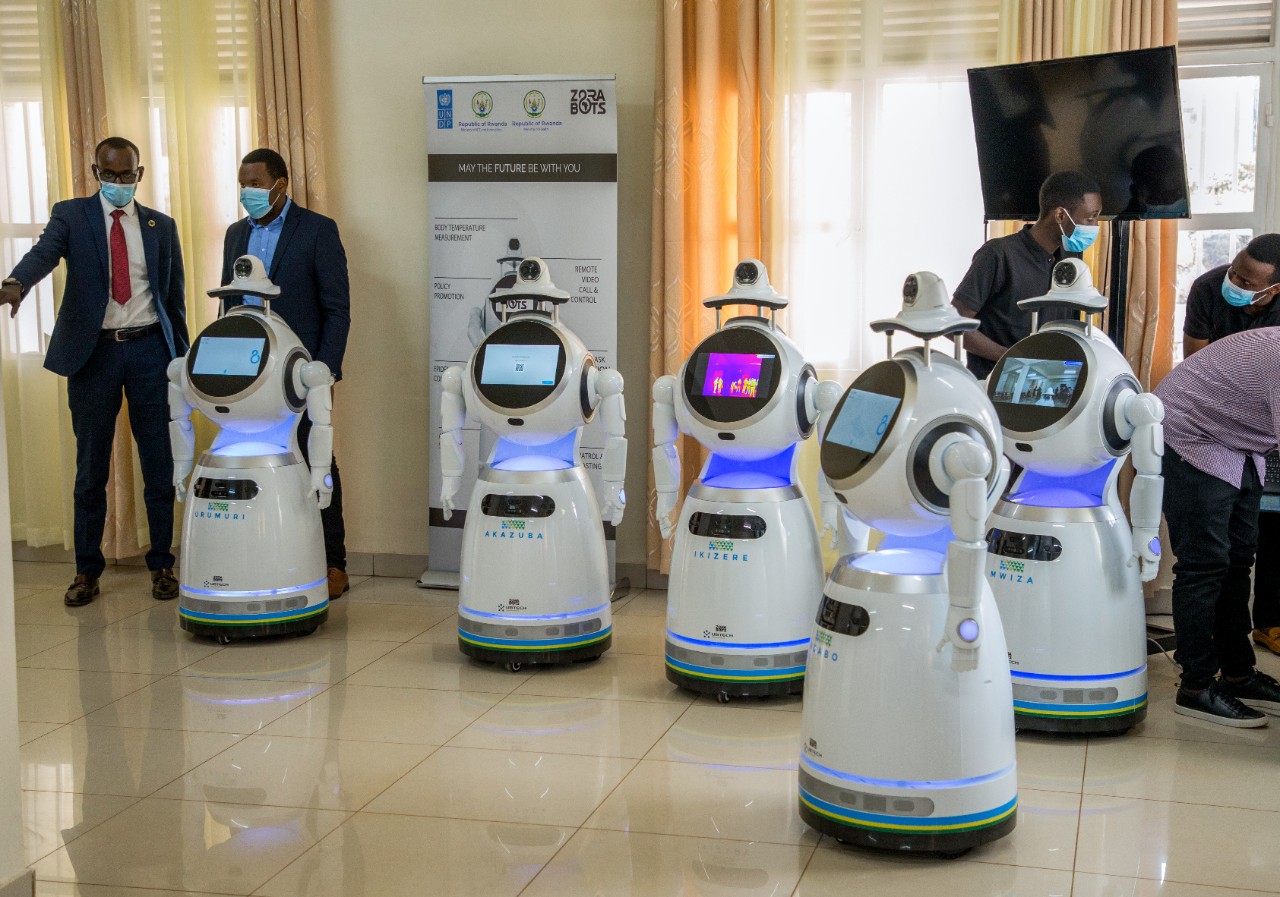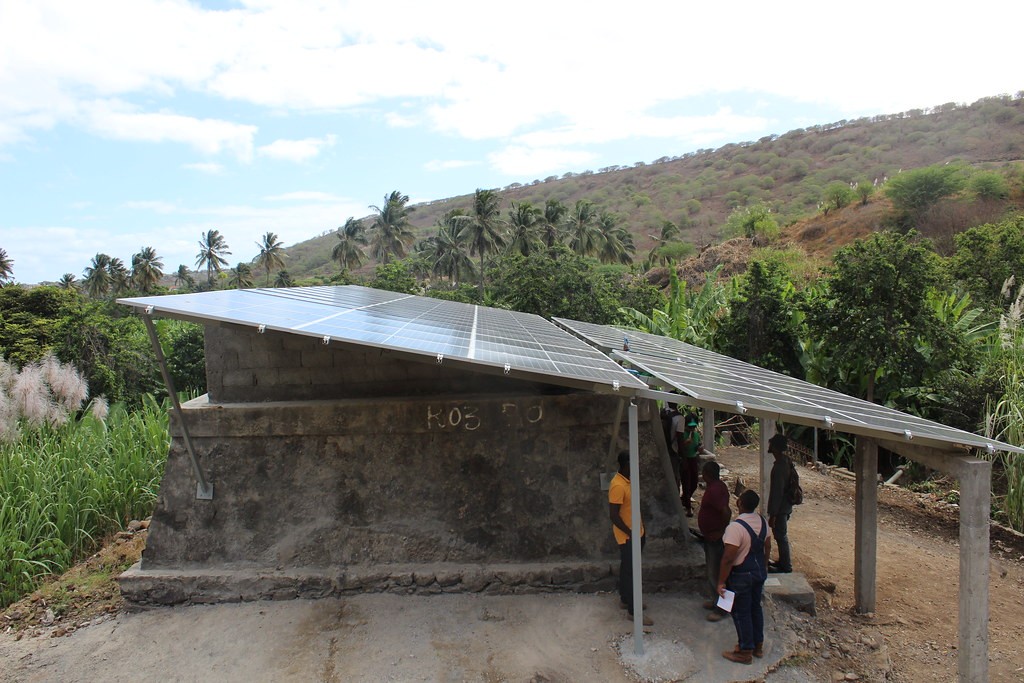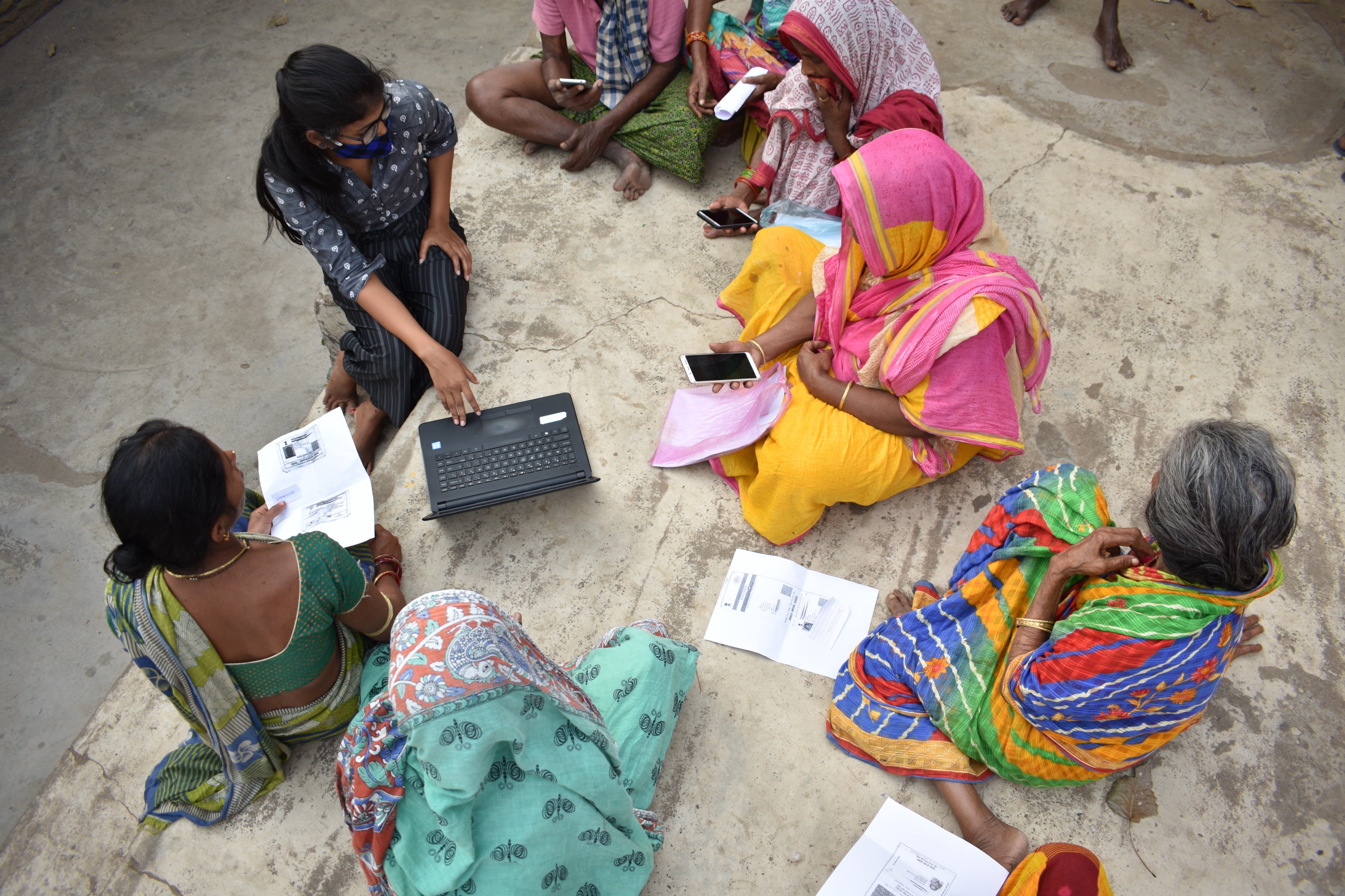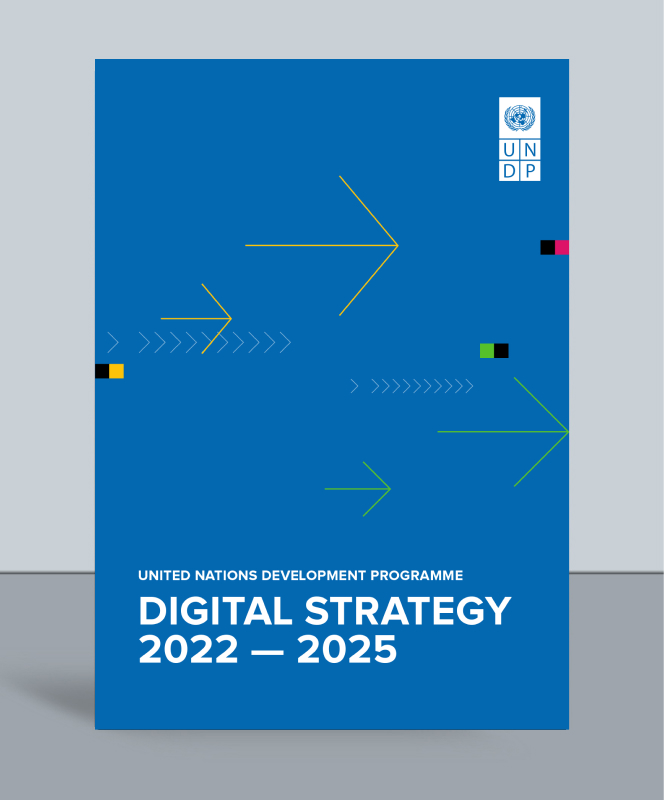
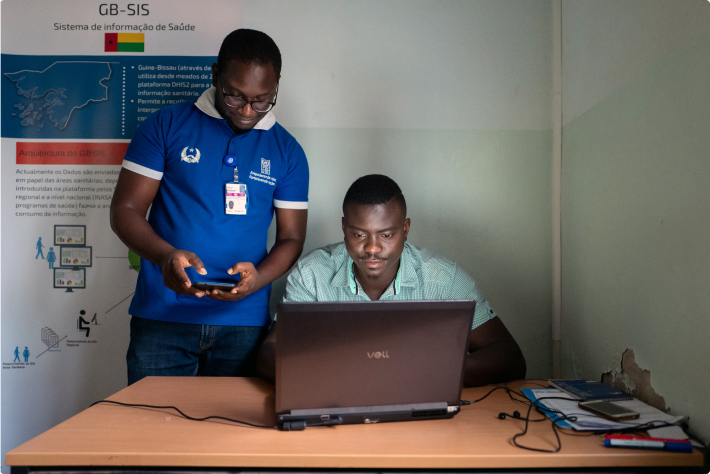
Digital technology is a fundamental force for change in this
century, reshaping economies, government, and civil society –
thereby impacting almost every aspect of development. The
profound consequences and exponential pace of digital
transformation demands both local action and global leadership
to reimagine development in a digital age.
Seized by the need to ensure relevance at this
time of rapid digital change, UNDP launched its
First Digital Strategy
to harness the power of digital technology and innovation to
respond more effectively to development challenges. Building
on a long history of project-level digital support for
partners, the strategy represented a systematic and
corporate-driven transformation process to reimagine the way
UNDP serves its partners and operates its systems and
processes.
UNDP will continue to accelerate these
efforts and support our development partners to ensure that
the arc of future digital transformation protects human rights
and leaves no one behind.
In fact, UNDP has helped to adopt 580 digital solutions in 82 countries in response to the COVID-19 pandemic, including 96 data collection systems, 71 e-commerce systems, 61 e-learning platforms, and 149 e-governance systems (September 2020 - September 2021).
Building on the progress from the first strategy, the Digital Strategy 2022-2025 is intended to maintain and accelerate the momentum that has already been generated across UNDP and among its partners.
With this strategy, UNDP puts forth a long-term vision to create a world in which digital is an empowering force for people and planet. This vision is closely aligned with the UNDP Strategic Plan 2022-2025, which outlines how UNDP will seek to support countries in three directions of change – structural transformation, leaving no one behind, and building resilience – and underlines the importance of digital as one of three enablers to achieve this change.
This includes experimenting with new approaches and tools,
scaling proven solutions, articulating the risks and
challenges posed by digital technologies, and applying
foresight to prepare for possible futures.
UNDP
will fully incorporate digital into each thematic area in
a way that can guide the organization's practice,
allowing for innovation to flourish while ensuring overall
coherence in digital programming.
Embedding
digital in UNDP’s programming will be supported by the
further rollout of Digital by Default, an approach in
which digital outputs become a standard consideration of
programme design and delivery.
This means supporting countries in their digital
transformation journey at a societal level, and creating a
network of actors and systems that ensures that human
rights are protected and no one is left behind in this
digital environment.
Digital transformation can
be disruptive and, without concerted action, can bring
risks such as loss of transparent system operation, loss
of regulation, and increasing inequality. UNDP supports
countries to not only harness the clear opportunities that
digital technologies bring, but also ensure that those
risks are considered and mitigated along the way.
Grounded
in a
whole-of-society approach, UNDP can support partners in adopting a holistic and
inclusive approach when planning and designing digital
public policy. Engaging a broader spectrum of stakeholders
in digital innovation supports inclusive design that can
empower vulnerable populations to access digital services,
help to mitigate risks from digital platforms such as
cybersecurity, misinformation and digital privacy
concerns, and establish accountability. This work will be
done in close collaboration with UN system partners and
other development actors.
UNDP will continue to develop an agile and innovative
culture, to strengthen digital capacity building of UNDP
personnel, and to attract a diverse and digitally capable
talent pool. This will include ensuring that gender is
embedded throughout digital activities.
UNDP
will lead by example and adopt best practices in the
development and use of digital technologies, tools, and
platforms to enhance our internal performance and render
more effective services.
Responsible data
collection, management, use, and analysis are increasingly
fundamental for UNDP’s work on the ground. UNDP will
implement the forthcoming 2022 Data Strategy and Knowledge
Management Strategy (currently in discussion) to ensure
that UNDP becomes a data-driven organization with greater
knowledge management capabilities.
UNDP is an established global leader of digital development based on its country programming expertise across all regions. UNDP supports partners in developing policies which are rooted in human rights and ethics, and that protect governments and citizens from potential risks such as cybersecurity and data privacy.
UNDP is a global voice of authority on the use of digital technology for development, advocating for and advising on strategic, responsible, and rights-based applications of digital technology. UNDP is a leader in collecting evidence, raising awareness, forging consensus, sharing best practice, and providing guidance on key issues related to the opportunities and risks that arise with digital development.
UNDP is a trusted partner and convenor across the public and private sectors as well as an active contributor to discourse on inclusive digital ecosystems and digital public goods. UNDP convenes global digital development conversations while aggregating and leveraging its insights from its presence in the Global South. Within the UN system, UNDP serves as an integrator, and works closely with other agencies to ensure digital approaches are coherent.
UNDP has an agile and innovative culture with a digitally competent workforce.
UNDP will continue to build a fit-for-purpose digital infrastructure, including systems and tools that enable continuous service and process improvements, and delivery of high quality and cost-effective services.
UNDP leverages data and knowledge as strategic assets. UNDP conducts inclusive, rights-based, and sustainable data collection and management, use, and analysis. UNDP’s evolving knowledge management work ensures that evidence is shared to inform decision making, and that learning systems are in place to continually iterate and enhance the organization’s ability to respond to emergent complexity.



